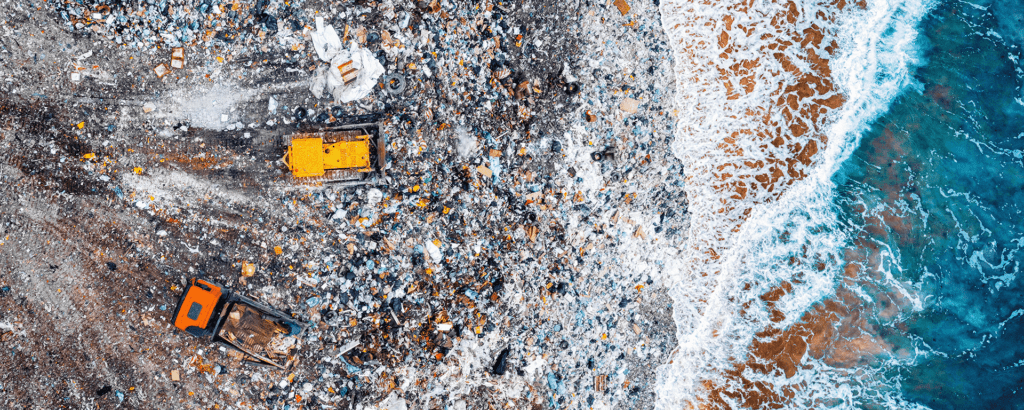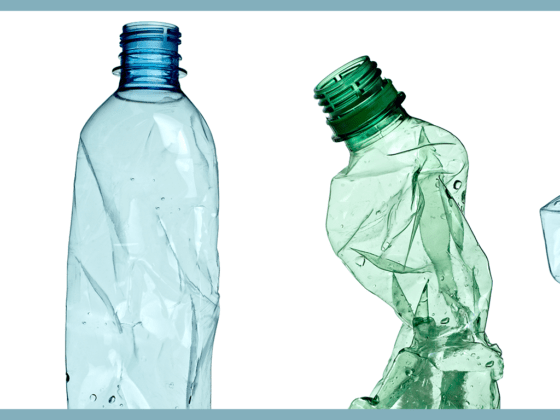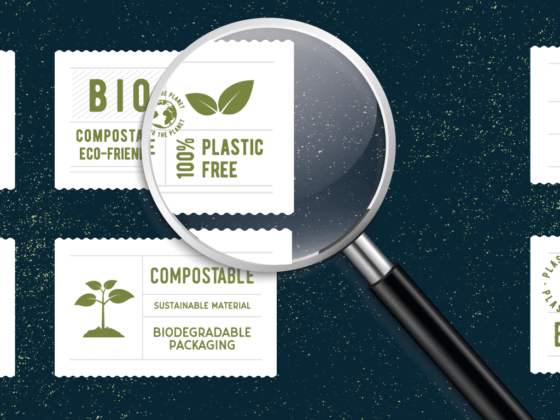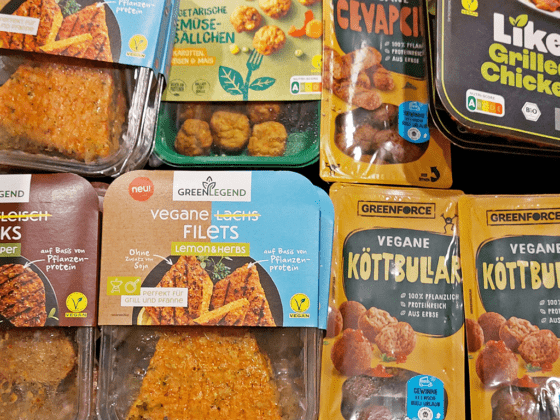Do German companies continue to export plastic waste to Turkey and Southeast Asia despite the ban? Research by Greenpeace suggests that they do: using trackers, the environmental protection organization has followed plastic waste shipments from Germany. About a third of the samples ended up abroad.
One trail leads to Turkey
With the hidden tracking devices, Greenpeace said it was able to follow the transport routes of plastic waste in 2021 and 2022. Among other things, the trackers had been hidden in the waste of a company from Reinbek in Schleswig-Holstein. From here, the waste was taken to Turkey, among other places. The export of non-recyclable mixed plastic waste is banned under the Basel Convention, an environmental protection agreement signed by 187 countries. According to Greenpeace, the company in Turkey has no license for the processing of plastic waste.
Contaminated electronic waste shipped to Malaysia
Another trail leads to Southeast Asia. Greenpeace placed tracking devices in big bags containing crushed fragments of hard plastic – apparently remnants of hard shells from disposed electrical equipment. The report said an independent lab discovered contaminants in the plastic: “Bromine, believed to be from brominated flame retardants, was present in all three of the samples taken from them.” Two of five hidden trackers were shipped to the city of Seremban as well as the Malaysian port island of Palau Indah. In another sample, the tracker reported from near the Malaysian capital of Kuala Lumpur. Greenpeace investigators then took a look at the company. “The condition of the plant is frightening,” writes Greenpeace on Twitter, the waste also pollutes the surrounding waters.
Why is this waste not being recycled?
A large part of the plastic waste collected in Germany is not sorted by type, but mixed – and thus only suitable for recycling to a limited extent. Another waste is contaminated with harmful substances – and disposal becomes correspondingly expensive. The suspicion is that recycling companies get rid of such waste by shipping it abroad. What happens with it there, can not be controlled from Germany.
Exported waste shows up in German recycling quota
It is particularly absurd that waste exports have a positive effect on the German recycling quota – they are in fact counted, although a proper recycling process is not guaranteed. Dr. Michael Jedelhauser, circular economy officer at the environmental protection organization Nabu, writes: “The verification and control systems as well as the recycling infrastructure in the destination countries are often inadequate, so that only a portion of the waste is actually recycled. The rest is burned under low environmental standards, landfilled or disposed of in the wild.”
Read more:
It is absurd that German waste exports save the recycling rate
 English
English Deutsch
Deutsch




